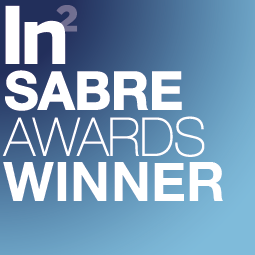DC:
10 G Street, NE
Suite 710
Washington, DC 20002
 According to 2016 research done by Pew Research Center, 62 percent of adults get their news on social media. Not only are social media sites Facebook, Twiiter, and Reddit being turned to for B2B news, the research also shows that users of sites like LinkedIn more actively seek out news as opposed to simply happening upon it; 51% of LinkedIn’s reported 450 million users actively seek out news on the platform. As news consumption is moving to social media, reported ClickZ, homepages become less important for readers, and that, “it’s OK to accept that the traffic is directed differently nowadays.” Coupled with findings from DMR showing the increase in LinkedIn member page views from 37 billion in Q4 2015 to 45 billion in Q1 2016, the writing is on the wall.
According to 2016 research done by Pew Research Center, 62 percent of adults get their news on social media. Not only are social media sites Facebook, Twiiter, and Reddit being turned to for B2B news, the research also shows that users of sites like LinkedIn more actively seek out news as opposed to simply happening upon it; 51% of LinkedIn’s reported 450 million users actively seek out news on the platform. As news consumption is moving to social media, reported ClickZ, homepages become less important for readers, and that, “it’s OK to accept that the traffic is directed differently nowadays.” Coupled with findings from DMR showing the increase in LinkedIn member page views from 37 billion in Q4 2015 to 45 billion in Q1 2016, the writing is on the wall.
At the same time, there’s been a shift in how consumers feel about marketing messages from strangers versus those from trusted sources, or influencers. Collective Bias, a company specializing in influencing campaigns for brands and retailers, performed a recent study that underscored the value of influencer-based content. Results showed that consumers view content from influencers seven times longer than a digital display ad (two minutes, eight seconds versus 19.2 seconds). In short, consumers trust content from sources they trust. Thankfully, your organization is probably full of trusted influencers ready to be leveraged.
This might all feel overwhelming to a busy marketer, and yet all of these changes must be taken into consideration if you want your content to not just be consumed, but to also resonate. Luckily, this can be accomplished with the following 4 steps (continue reading)



















